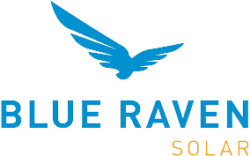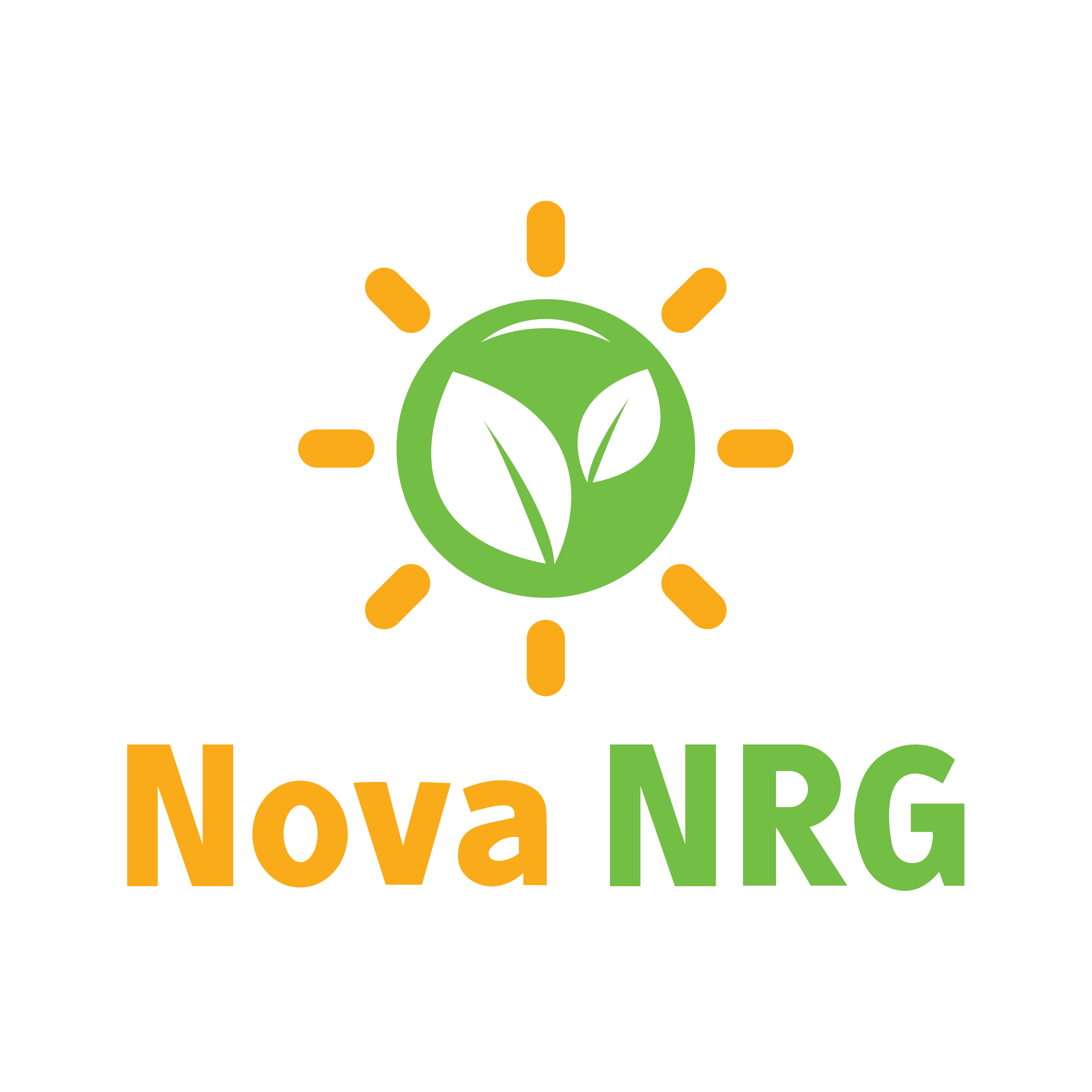Benefits of Solar Energy
Solar energy offers numerous advantages that will enhance your home for years to come.
- Lowered energy bills: With solar energy systems, you generate power without paying the tacked-on costs of grid-tied power. Going off-grid can eliminate your bills completely. Plus, a significant amount of states offer net metering, which permit you to earn money by selling your unused energy back to the grid.
- Reduced carbon footprint: The sun is one of the universe's most abundant clean energy sources, meaning you can lower or beat your home's dependence on non-renewable sources.
- Better energy independence: Solar panel systems can keep your home running through blackouts and emergencies. You can use your solar energy anytime with optional battery backup.
What Solar Incentives Are Available to Miami Beach Homeowners?
Florida homeowners who choose solar could qualify for reimbursements, special financing, tax credits and rebates. Here are just a few of the region's incentive programs.
Incentive Type: Sales Tax Incentive
Incentive Amount:
All
Incentive Type: Property Tax Incentive
Incentive Amount:
Residential: 100% of the added value
Non-Residential: 80% of the added value
Incentive Type: PACE Financing
Website: floridapace.govIncentive Amount:
Determined locally
Incentive Type: Loan Program
Website: lakelandelectric.comIncentive Amount:
$5,000
Incentive Type: Personal Tax Credit
Website: ecowatch.comIncentive Amount:
30% federal tax credit for systems placed in service after 12/31/2021 and before 01/01/2033. Good for: solar water heat, solar photovoltaics, biomass, geothermal heat pumps, wind (small), fuel cells using renewable fuels.
How To Choose the Best Solar Company in Miami Beach
The more thorough your provider search is, the better your solar installation will ultimately operate. Consider each of these factors in your business search.
Licensing and Training
Once an electrical professional in Florida has four years of field experience, including one year as an apprentice, they can pass two exams to earn a CV license with the Florida Construction Industry Licensing Board. The Sunshine State also allows electrical contractors to install solar panels, but they may need to subcontract some tasks to a licensed roofer. Look for private accreditations from the North American Board of Certified Energy Practitioners (NABCEP), one of the solar industry's most trusted trade groups. Its program includes certifications for both solar photovoltaic and water heating installers.
Cost of Solar Panels in Miami Beach
The type of solar panels you purchase decides how much power you can generate. Monocrystalline panels and high-quality and give you the best performance but cost more upfront. Polycrystalline panels produce less power, but they're worth it if you want a traditional panel style without the high cost. Thin-film panels aren't the best for large residential installations, but they are excellent accessories for non-traditional roofs.
If you'd like to charge an electric car or use your solar power in dark weather, you can pay extra for add-ons. By selecting the right components, you can make your panel array more effective and user-friendly. Not every solar contractor includes these extras, so look for a provider that sells them if it's essential for you.
Most Miami Beach homeowners opt for solar systems sized for five kilowatts (kW) of electrical capacity. These systems cost about $16,050 to set up, considering both materials and labor. You can find more specific solar cost information in the table.
| Solar Panel Cost | Average Cost |
|---|---|
| Solar Monocrystalline | $1,128 |
| Solar Polycrystalline | $879 |
| Thin-Film | $514 |
| Solar Battery | $722 |
| Solar Home EV Charger | $2,706 |
Financing Solar Energy in Miami Beach
Choosing the right financing plan will affect your overall solar system cost and expected savings. Common payment options include leases, cash payments, loans, and power purchase agreements. Though it involves a large up-front payment, cash is the most economical choice because it doesn't accrue interest and qualifies you for incentives. Solar loans are the second most effective option. As with a car loan or mortgage, you'll pay a monthly rate towards system ownership, including interest. You can still apply for money-saving solar incentives, and depending on your lender, you could put as little as $0 down. Solar leases let you use your panels for a fixed monthly rate, while PPAs let you pay just for the energy you use, akin to an electric bill. Both options disqualify you for solar incentives and do not provide you system ownership. Solar experts generally don't recommend them, but they might be suitable in some cases. Ask each installer you're evaluating about the payment options it offers. A representative can help you determine the most suitable option for your budget.
The table below lists the average payback periods for different capacities of solar systems in Miami Beach.
You are eligible for a 26% federal solar tax credit for new solar energy equipment until the year 2032. Municipal and state governments and utility companies might also offer discounts, rebates, and unique financing solutions that could save you more.
| Solar System Capacity | Estimated Payback period |
|---|---|
| 1 kW | 1.7 years |
| 2 kW | 3.5 years |
| 5 kW | 8.6 years |
| 10 kW | 17.3 years |
Ready to Get a Quote on Your Solar Project?
Please enter a valid 5-digit zip code!
Frequently Asked Questions About Solar in Miami Beach
How much money could I save by going solar in Miami Beach?
How widespread is solar energy in Miami Beach?
Should I expect a property value increase after adopting solar power?
Could I still use solar power if I live in a wooded, dark, or rainy area?
How long does a standard solar system last?
Is solar panel installation a quick job?
How can I enhance my solar array's performance?
- optimize the panels' position with your solar installer
- regularly clean your solar panels
- upgrade to a more efficient inverter trim or cut down trees in the way of your panels
- use energy-efficient appliances
What are some "red flags" to watch for as I research companies?
- Pushy sales approach
- Being evasive about cost, credentials and training, references and warranties
- "One-size-fits-all" approach
- Not thoroughly inspecting your site
- Limited customer feedback
To share feedback or ask a question about this article, send a note to our Reviews Team at reviewsteam@thisoldhousereviews.com.



















